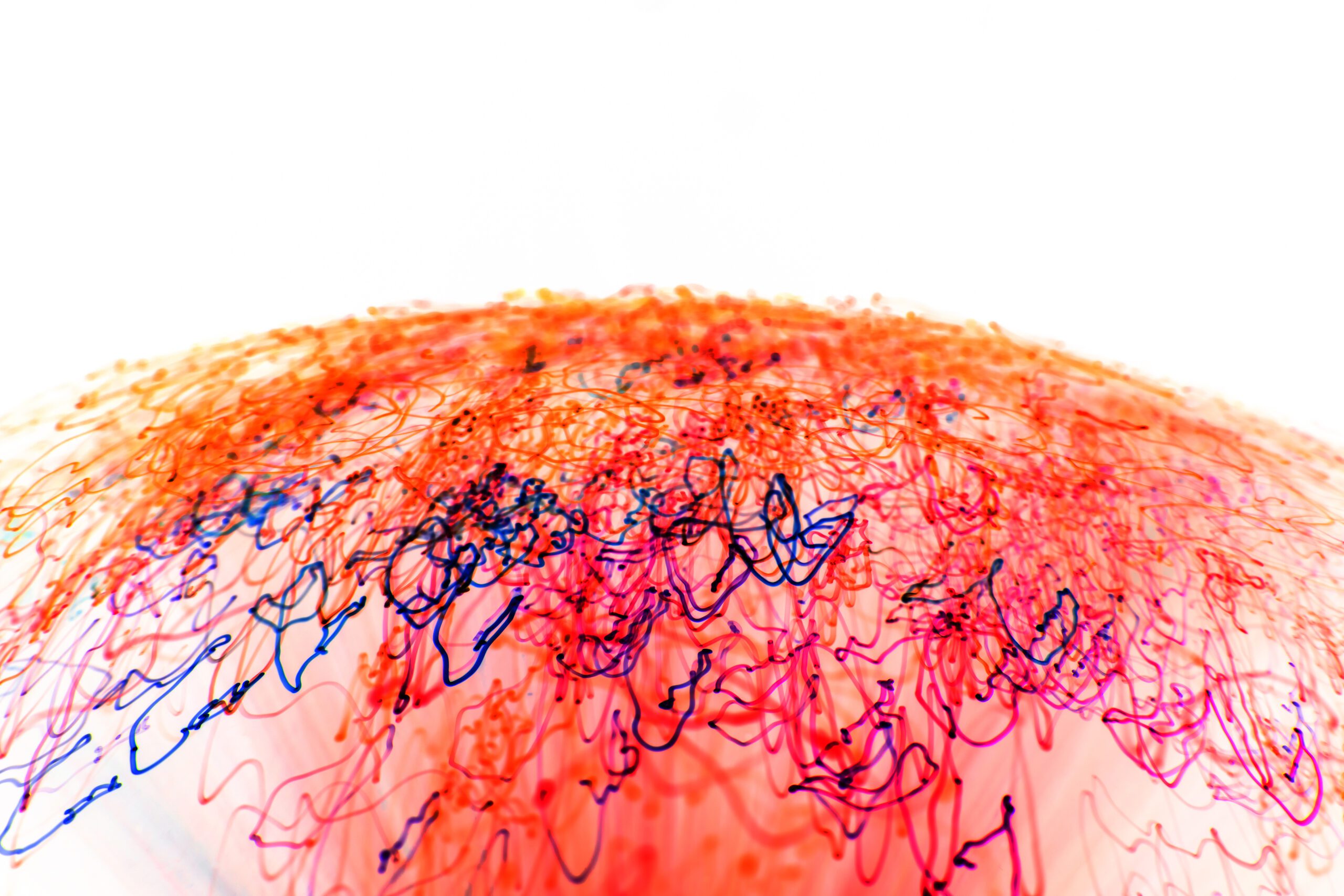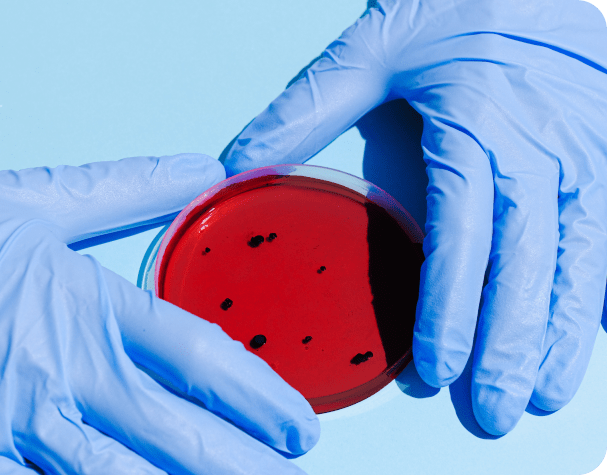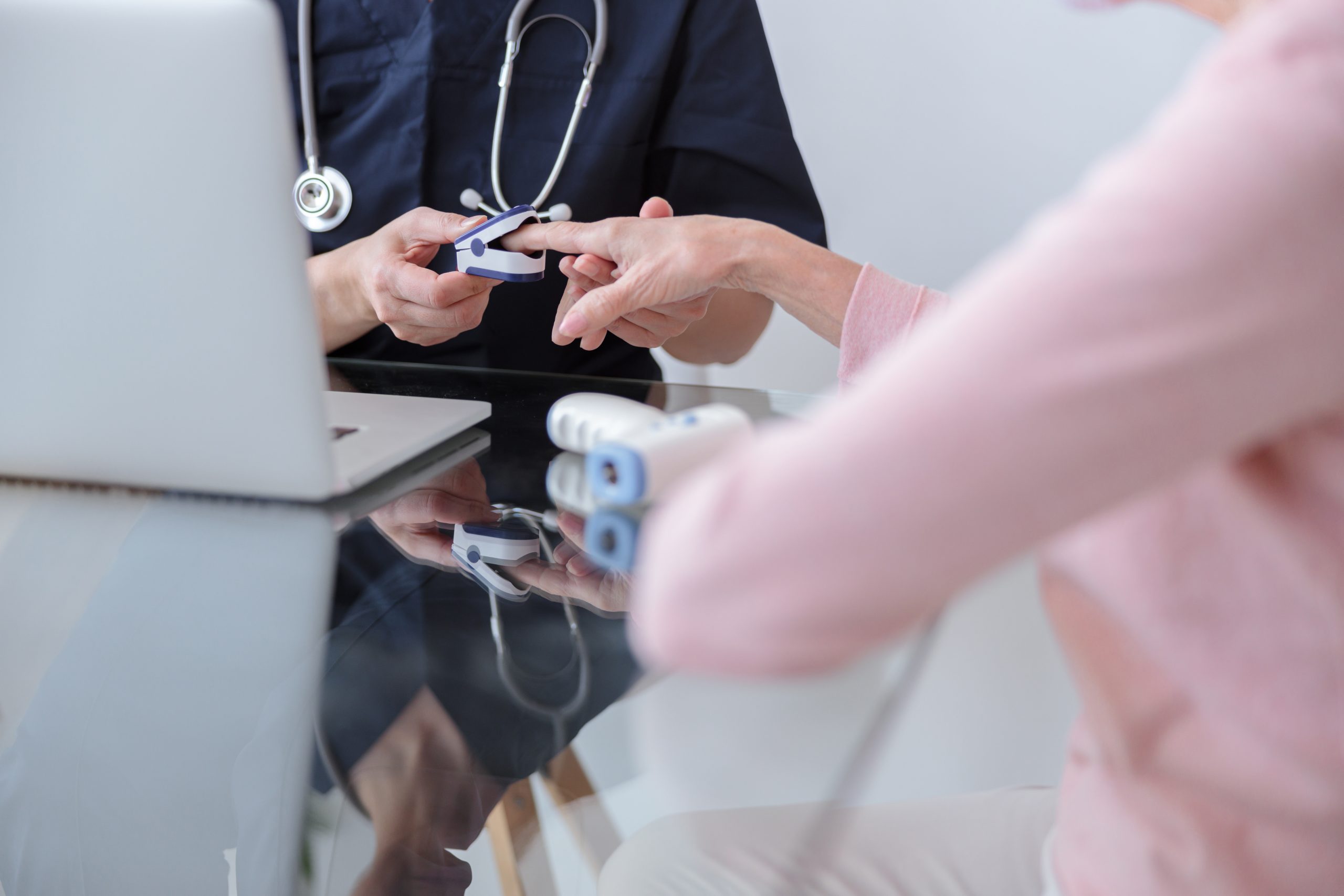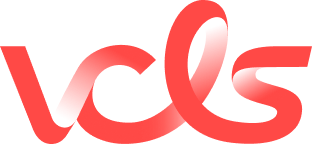Transforming market access needs into patient access solutions
Market Access

SOLUTIONS
Optimizing your access strategy through a comprehensive pipeline and landscape assessment
- TPP development, highlighting the value of your asset through identification and assessment of the targeted unmet medical need
- Stakeholder mapping and assessment of current and potential future standard of care, payer perceptions, stakeholders’ evidence needs, and disease burden
- Projecting the position of the HCT in the current treatment practice
- Anticipating future policy impacts and environmental changes to access
- Patient journey and funding route assessment
- Understanding the potential health-related quality of life impact
- …all to establish your market access roadmap to success

Optimizing your clinical development plan through a synergized regulatory and market access strategy
- Managing early Health Technology Assessment (HTA) engagement to obtain insights
- Mapping the regulatory factors affecting the implementation of HCT
- Using real-world evidence to fill data gaps
- Statistical analysis plan support
- Development of European Public Assessment Reports (EPAR)

We understand payers’ evidence needs and how to communicate effectively & impactfully
- Creating an effective value proposition linked to your unique TPP
- Establishing an evidence generation plan to support your value story
- Accessing unique health data sources for solid real-world evidence generation
- Conducting systematic literature reviews, indirect comparisons, and network meta-analyses, integrating potential PICOs
- Developing pharmaco-economic and budgetary impact models
- Constructing communication and publication strategies

Creating a global market access strategy with successful regional and local execution
- Developing core market access deliverables: value proposition, value dossier, and cost-effectiveness and budgetary impact models
- Designing the strategy for the European Joint Clinical Assessment (JCA) and executing the JCA process
- Handling local HTA and pricing & reimbursement processes, supporting local negotiations

Building impactful value communication through a combination of market access, medical, data science, and communications expertise
- Designing powerful communication strategies and value messages customized to the relevant stakeholders
- Creating value demonstration materials with compelling visuals and digital tools


Extensive regulatory and market access experience – from academia and industry – generating effective solutions
We harness our wealth of local regulatory, HTA, and payer expertise and broad stakeholder networks to develop and implement global market access strategies that are customized to your needs.

Unique success in targeted therapies and orphan diseases
We develop patient-centric market access strategies and solutions for clients with highly specialized needs.

Product lifecycle support from bench to patient
We are your market access partner, accompanying you wherever you are in the lifecycle of your drug or medical device.
Thank you very much for developing our reimbursement dossier and interacting with our local distributor, the ANSM, the French HTA body, the lawyers, and ultimately submitting the dossier!
Pharma in France
Chief Patient Access & Commercial Planning
FAQs
How can we meet HTA bodies’ expectations?
1. Identify the HTA bodies that will appraise your health technology
2. Identify the HTA bodies’ requirements, processes, and timelines
3. Audit your pivotal trial design and your overall development plan, including nonclinical activities: health economics, value story, patient engagement, pricing strategy, real-world evidence generation
read more
What is the benefit of including market access evaluation as early as possible during product development?
1. Define the first (and subsequent) indication/population, based on a solid scientific and economic rationale
2. Strengthen communication with investors and partners
3. Optimize development plan, meeting the need of patients and payers
4. De-risk reimbursement and funding
5. Optimize health technology uptake
read more
Related Glossary

Questions? Get the answers from our expert team
No two product development paths are the same. Talk to our experts about your development challenges and we will provide you actionable recommendations.





